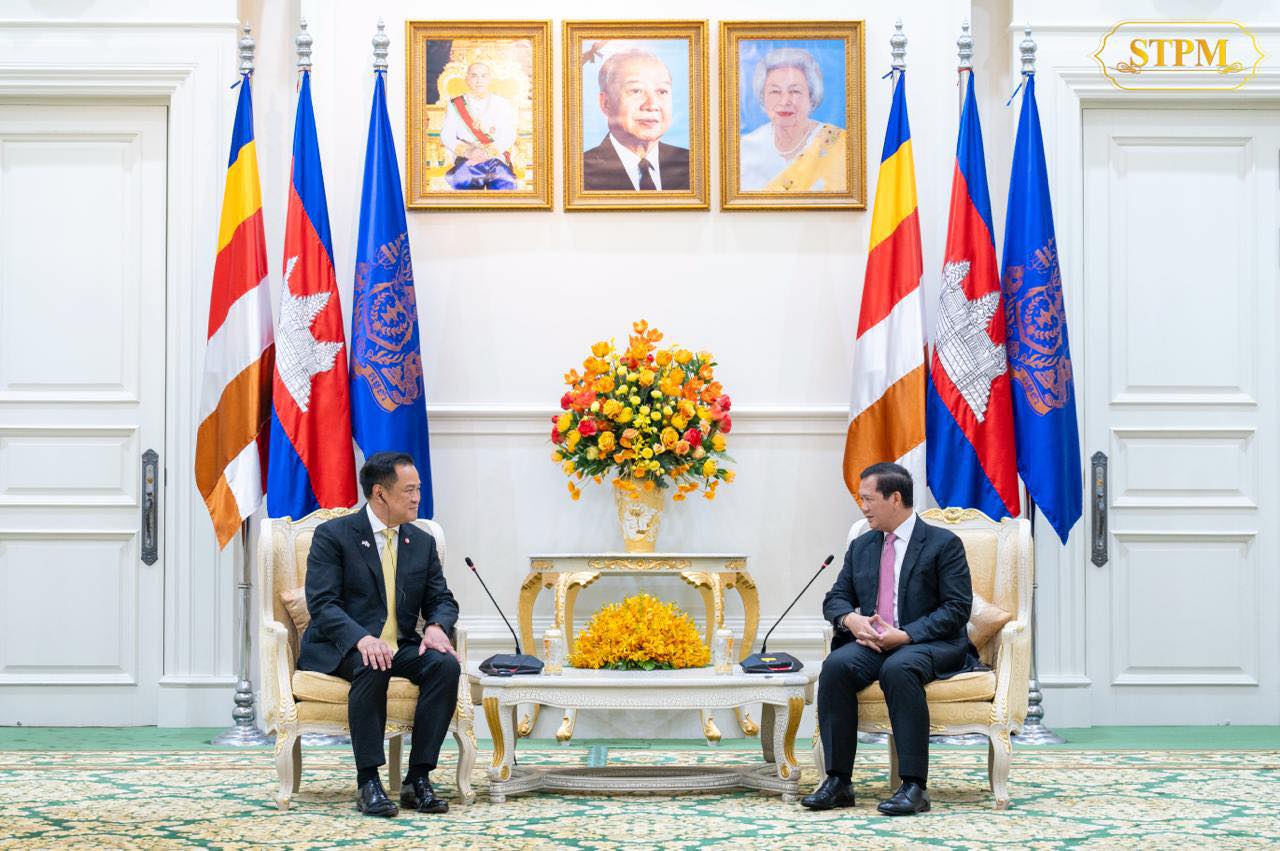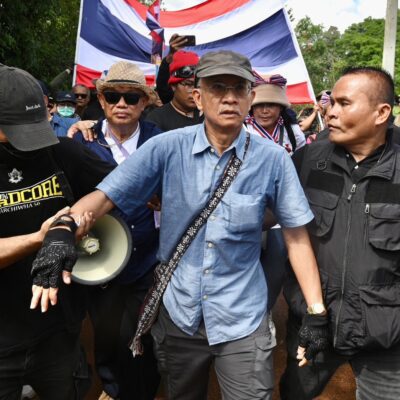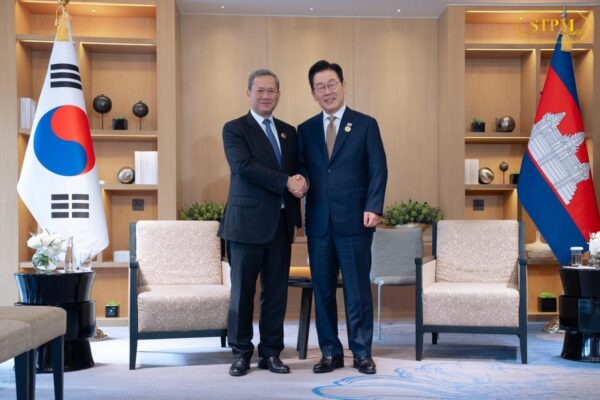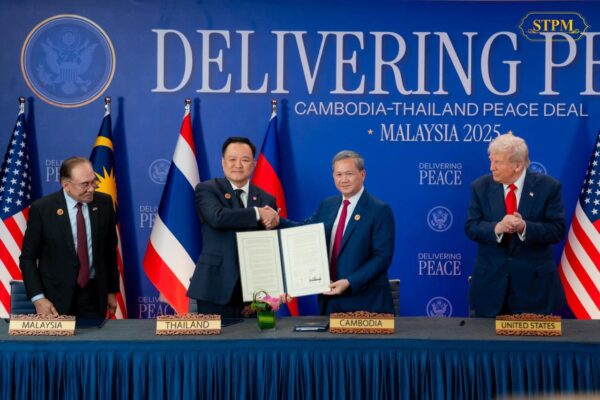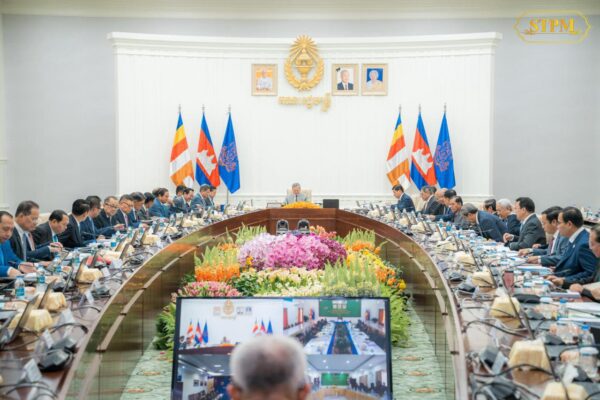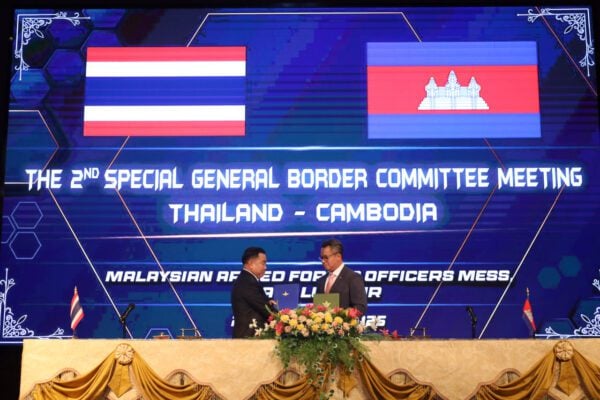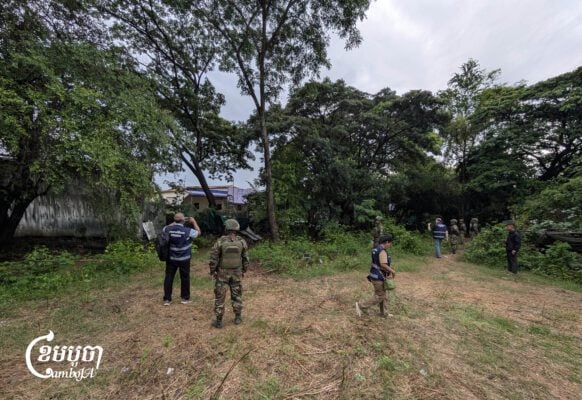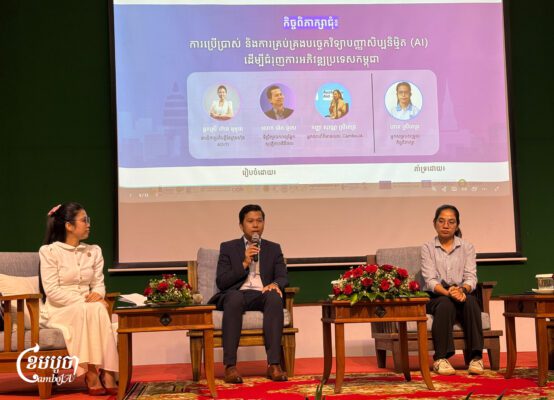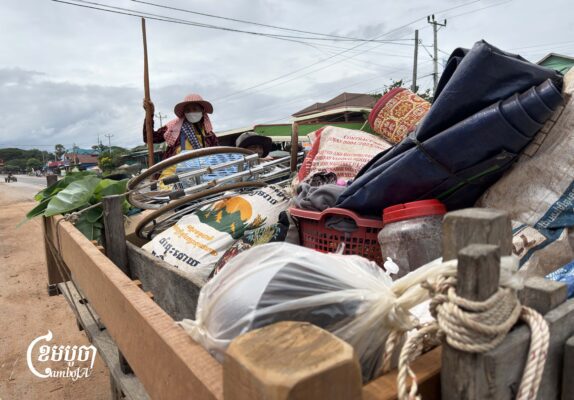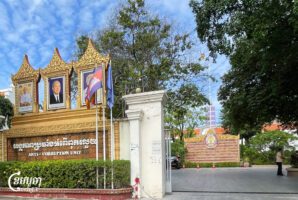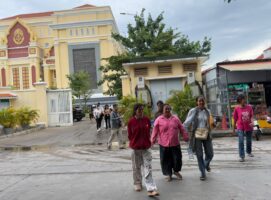Cambodia is seeking to restore ties with Thailand under new Thai Prime Minister Anutin Charnvirakul, after the June leak that toppled Paetongtarn Shinawatra, followed by a five-day border conflict in July, however, experts believe the attempt to reset ties masks deeper political realities.
In a congratulatory letter to Thailand’s newly appointed 32nd Prime Minister Anutin Charnvirakul—Thailand’s third leader in two years following the dismissal of Paetongtarn over a leaked phone call with Senate President Hun Sen in which she criticized the Thai army—Cambodian Prime Minister Hun Manet said the victory reflected confidence in Anutin’s leadership.
He expressed hope that Cambodia and Thailand would strengthen relations as neighbors and ASEAN members to promote peace and prosperity.
“With this spirit, I look forward to working closely with you to restore the relations between Cambodia and Thailand to normalcy, rebuild mutual trust, and transform the shared border between our two Kingdoms into one of peace, cooperation, development and shared prosperity,” he stated.
After receiving royal approval as Thailand’s Prime Minister on September 7, Anutin pledged to tackle the nation’s urgent challenges, prioritizing the cost of living, the Cambodia border dispute, drug trafficking, and natural disasters.
On the ongoing border conflict with Cambodia, Anutin said his government would pursue peaceful measures while firmly committing to protect Thailand’s territorial integrity and prevent further casualties.
“[…] but that will be done on the principle that Thailand will not lose even a single square centimeter of its territory,” he said.
Pavin Chachavalpongpun, a Thai professor of politics and international relations at Kyoto University’s Center for Southeast Asian Studies, told CamboJA News that the idea of “restoring trust” between the two nations is a misnomer given Thailand’s complex political backdrop.
He argued that Hun Manet’s outreach to Anutin is less about mending relations and more about consolidating a new political reality. With Anutin rising to power amid political turmoil and the collapse of the previous government, Cambodia sees him as a strategic ally, he added.
“The swift letter of congratulations from Hun Manet, and the public endorsement from his father, Hun Sen, are not merely polite gestures. They represent a clear alignment with a Thai leader,” Pavin said.
“Anutin likely views Cambodia not just as a neighbor, but as a crucial regional ally who can provide his new and potentially fragile government with a significant diplomatic victory and a crucial source of external legitimacy.”
He emphasized that the trust being forged is pragmatic—a political alliance between two leaders seeking stability and consolidation of power.
Still, border disputes remain a sensitive issue. Pavin noted that recent declarations of a “truce” and pledges to resolve conflicts are deeply intertwined with the political conspiracies in Thailand and Cambodia.
“The sudden diplomatic warming is a direct consequence of a change in leadership, suggesting that previous disputes were not purely territorial but were also leveraged as political tools,” he explained
While the new cooperation may bring short-term progress, Pavin warned that peace is fragile and its longevity is uncertain. He added that resolutions may focus on less contentious matters to create an appearance of progress, while deeper disputes—such as overlapping maritime claims—are unlikely without a fundamental political shift away from using these issues as pawns in a political game. .
For now, Pavin said Cambodia and Thailand’s relationship is based mainly on shared political interests, but the real challenge will be whether this fragile truce can last, since border cooperation is meeting immediate needs rather than solving long-term problems.
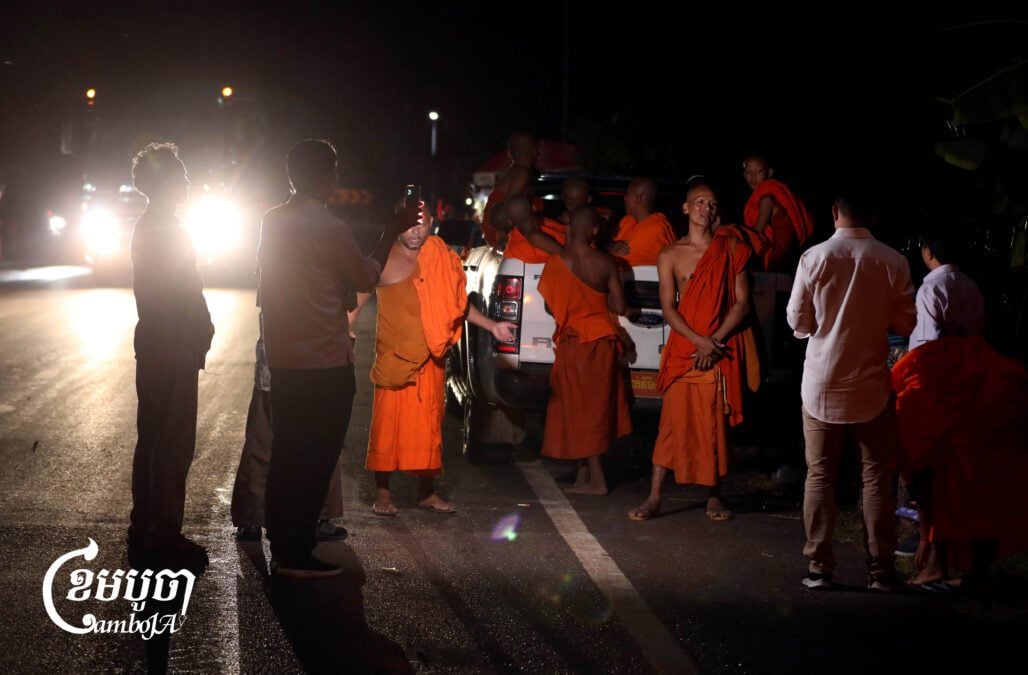
Regional geopolitical observer Seng Vanly believes Cambodia’s relations with Thailand under Anutin’s government could be better than during the Pheu Thai Party’s rule under the Thaksin family, despite ongoing border tensions and the rift between the Hun Sen and Thaksin families.
However, he added that real decisions on the border issue will only come after parliament is dissolved and new elections are held within the next four months, as Anutin has pledged, since the current civilian government holds limited power.
Yet, Vanly warned, the situation between the two countries remains fragile, with the Thai military often exploiting government weakness to advance its own interests.
“Under the leadership of the Bhumjaithai Party, relations with Cambodia’s People’s Party may not be very smooth because Anutin is not the one making all the political decisions. He is just a figure used by conservatives to maintain power and block the liberal movement,” he said.
Even though a ceasefire agreement took effect on July 28 midnight, border tensions between Cambodia and Thailand remain unresolved. The Thai army has continued placing barbed wire inside Cambodian residents’ farmland and homesteads, while the governor of Thailand’s Sa Kaeo province has ordered Cambodian villagers to dismantle their homes and vacate the land.
Meanwhile, many Cambodians living near the border remain displaced. Kim Chanpanha, spokesperson for Preah Vihear province, told CamboJA News that about 3,200 families are still staying in displacement centers. He explained that residents with homes close to the border, in areas of ongoing conflict and tension, have not been permitted by authorities to return.

